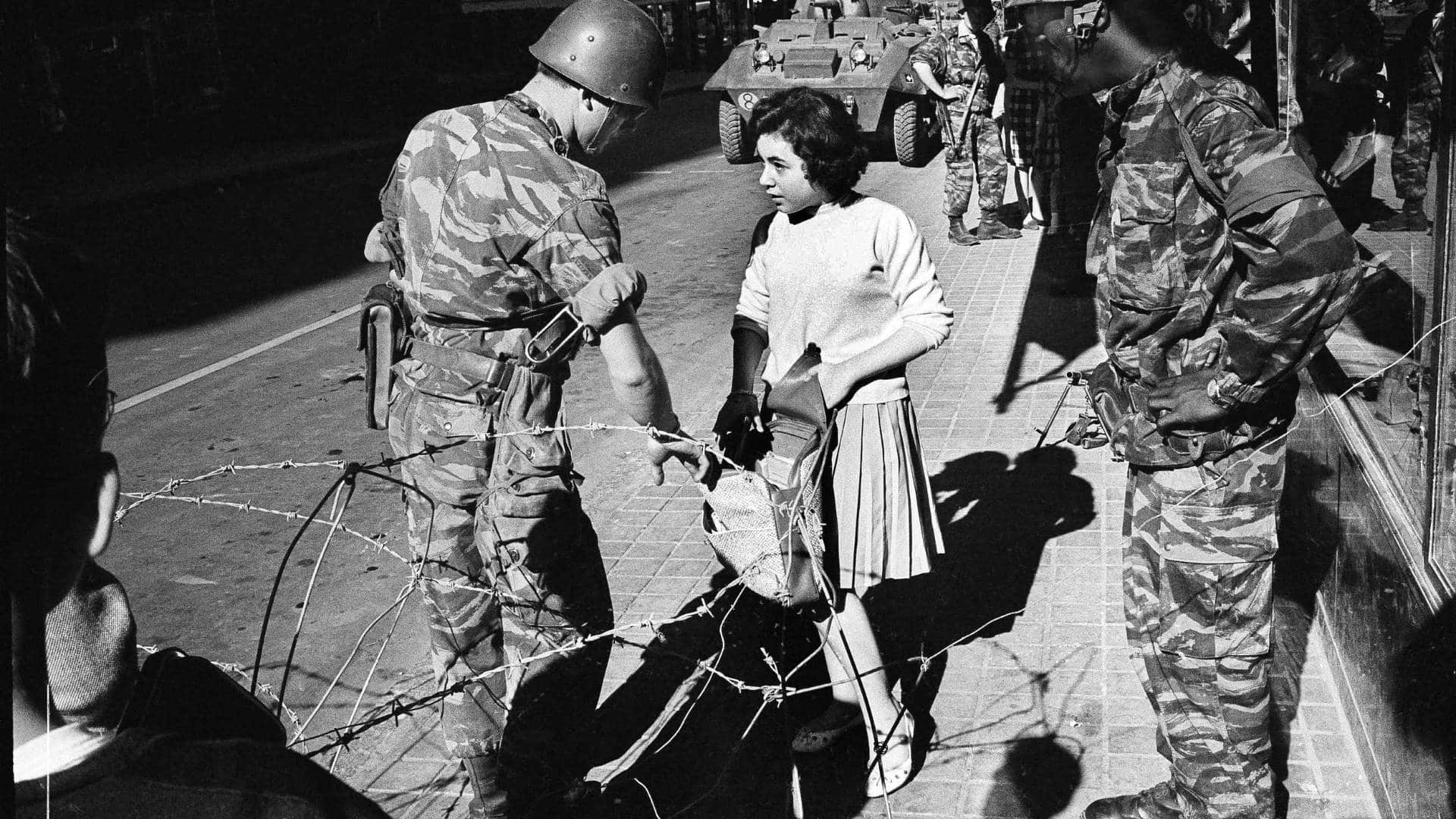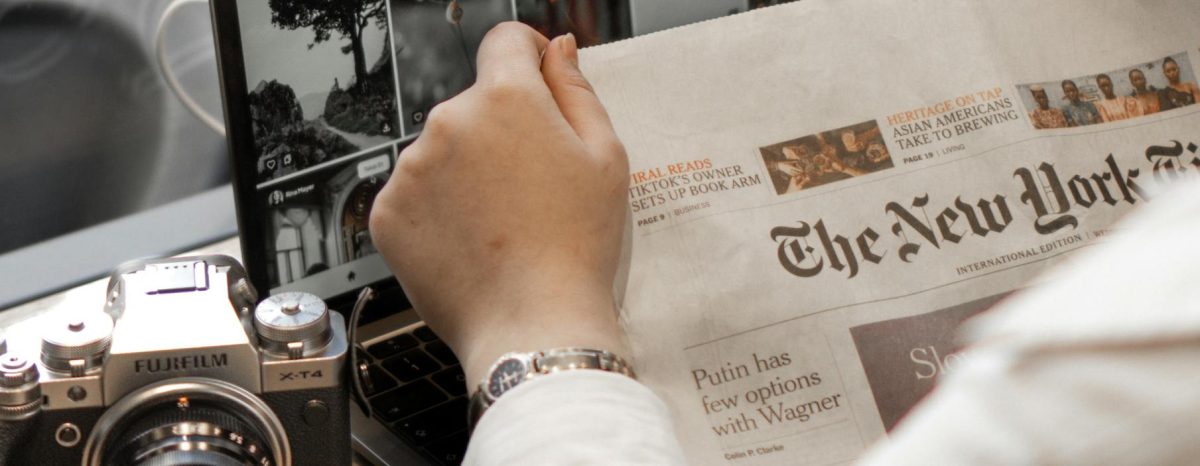The question of France’s ability to confront its historical role as an oppressor is a complex and nuanced topic laden with social, political, and cultural implications. As a nation that proudly champions the values of liberty, equality, and fraternity, grappling with the darker chapters of its history—particularly concerning colonialism and imperialism—poses a significant challenge.
France’s colonial past is marked by a legacy of exploitation, violence, and the suppression of local cultures in various territories across Africa, Asia, and the Caribbean. The repercussions of these actions continue to resonate today, influencing contemporary discussions on identity, reparations, and national memory. While national narratives have often celebrated the contributions of French civilization to its colonies, they frequently gloss over the accompanying hardships inflicted upon colonized peoples.

Recent years have seen an increasing demand for acknowledgment and accountability. Movements advocating for decolonization of history, discussions about the impact of colonial policies, and calls for reparative justice are gaining traction. Public figures and activists are pushing for France to confront its historical injustices openly, engaging in meaningful discourse that acknowledges the wounds of the past rather than relegating them to the shadows.
This reckoning is not merely academic; it has real-world implications for how France perceives its national identity and interacts with its former colonies today. Only through honest reflection and acceptance of its past can France begin to foster genuine reconciliation and move forward. This involves recognizing the voices of those affected, addressing historical grievances, and facilitating dialogues that include diverse perspectives on the collective memory of colonialism.
Ultimately, the question remains whether France is prepared to embrace this challenging journey towards self-examination and, in doing so, redefine its future. Acknowledging its past as an oppressor may be uncomfortable, but such acceptance could pave the way for a more inclusive society that honors the complexities of its history while striving for a more equitable present and future. Confronting history is a crucial step in healing, and only through this endeavor can France aspire to genuinely embody the ideals it espouses.
